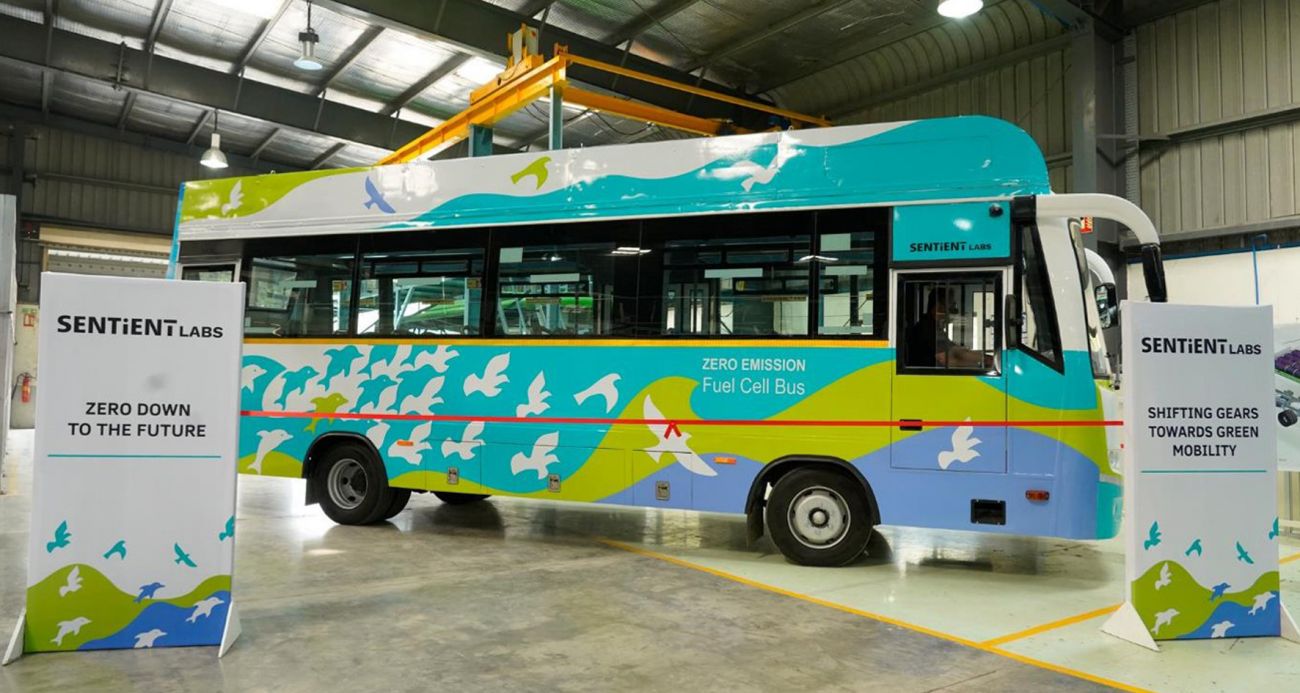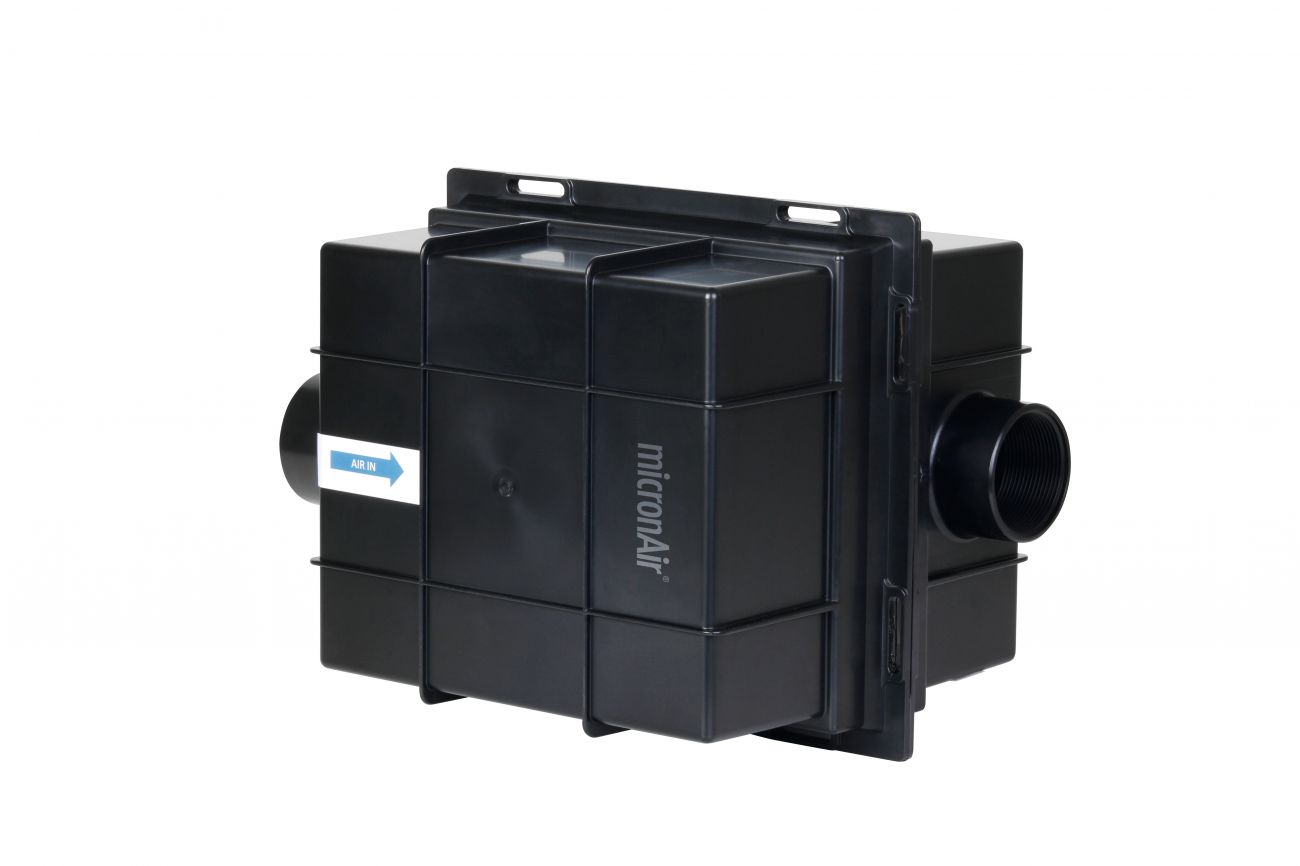Freudenberg Supports India’s First Zero-Emission Bus with High-performance Fuel Cell Filters

Pune, India – Sentient Labs, a Freudenberg client, recently unveiled the first zero-emission bus designed and built in India. The company relies on micronAir® filters to keep the fuel cells working under adverse weather conditions and in the presence of contaminants such as ammonia. The hydrogen technology allows the model bus to go up to 600 km before needing to be refueled.
For vehicles that must go long distances before needing to be refueled or recharged, hydrogen fuel cells have emerged as a feasible alternative to conventional combustion engines. Hence, Sentient Labs’ Research and Development Engineering Lab developed innovative hydrogen fuel cells for a new commercial bus model intended to travel great distances across India. Freudenberg Filtration Technologies’ high-tech fuel cell filters are used to ensure the longevity of the complex technology.
 The fuel cell filters are part of Freudenberg’s extensive array of standardized products and customized solutions for hydrogen fuel cells. The N filters, in particular, have been acknowledged as an outstanding innovation by the Baden-Württemberg Ministry of Environment, Climate and Energy, and have received the f-cell award for innovative fuel cell technology. Filter models from Freudenberg Filtration Technologies can be found in cars, trucks, trains, and buses, as well as stationary applications such as cogeneration and power generation plants.
The fuel cell filters are part of Freudenberg’s extensive array of standardized products and customized solutions for hydrogen fuel cells. The N filters, in particular, have been acknowledged as an outstanding innovation by the Baden-Württemberg Ministry of Environment, Climate and Energy, and have received the f-cell award for innovative fuel cell technology. Filter models from Freudenberg Filtration Technologies can be found in cars, trucks, trains, and buses, as well as stationary applications such as cogeneration and power generation plants.
Each bus will be outfitted with closed ‘FC F-513-N’ fuel cell filters. They ensure that the buses continue to run and reduce maintenance efforts. Sentient Labs is currently looking for clients to deliver the bus to highways across India on a wide scale after introducing the first model to the public in December 2021. They also intend to use the technology in marine applications.
A hydrogen fuel cell can have a difficult time on the road. A compressor draws in air from the outside to start the chemical reaction. However, the air is frequently polluted with a mixture of sulfur, hydrocarbons, and nitrogen oxides. These contaminants can have varied degrees of effect on the cell. Some may temporarily reduce performance. Others, such as fine dust, permanently harm the cell, making it less effective or reducing its lifespan.
Stating that Sentient Labs reached out to the company during the early stages of their project and, after working closely together, the company was able to provide them with the ideal fit, Ashok Pandey, Director Automotive, Pharma, Consumer Filter, Freudenberg India, added, “In the course of the project with Sentient Labs, we took a close look at what kind of outside conditions the vehicles will likely operate in. Especially in rural regions, outside air tends to contain high levels of ammonia in addition to other substances. The micronAir® fuel cell filter that is now in use is specifically designed to protect cells from ammonia – making the bus the perfect choice for countryside routes.”
Image Source: Sentient Labs and Freudenberg Filtration Technologies




 Facebook
Facebook.png) Twitter
Twitter Linkedin
Linkedin Subscribe
Subscribe